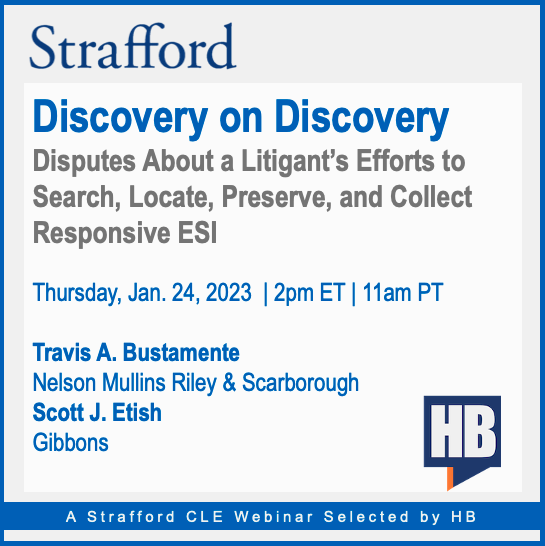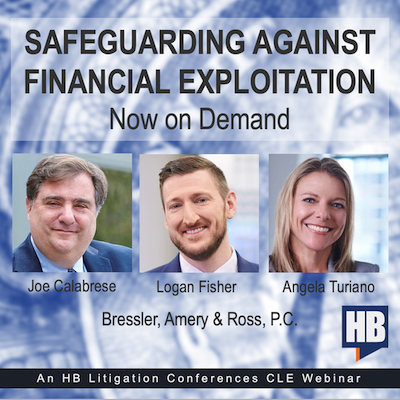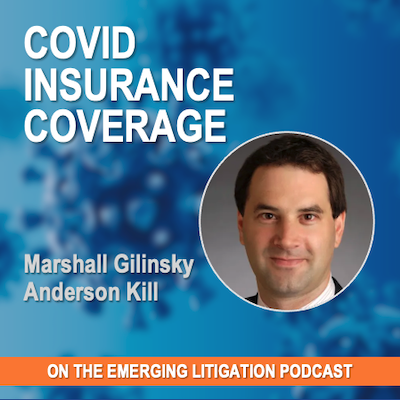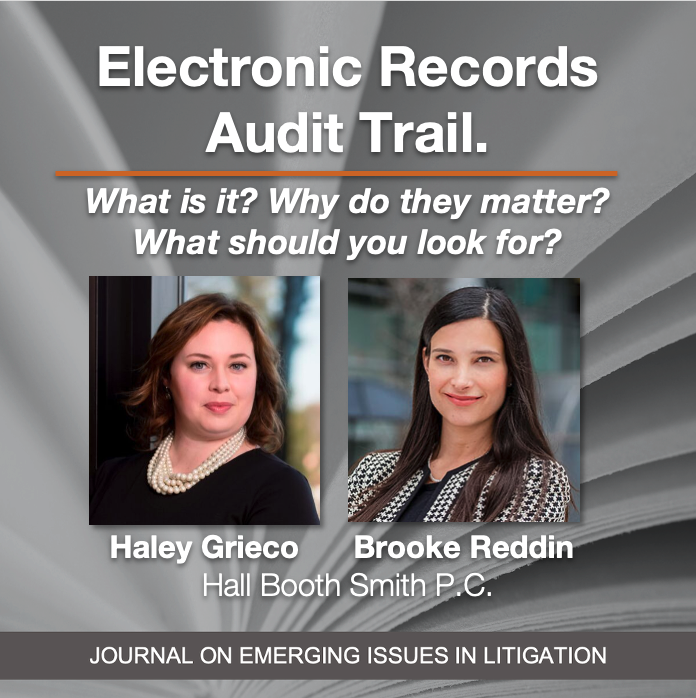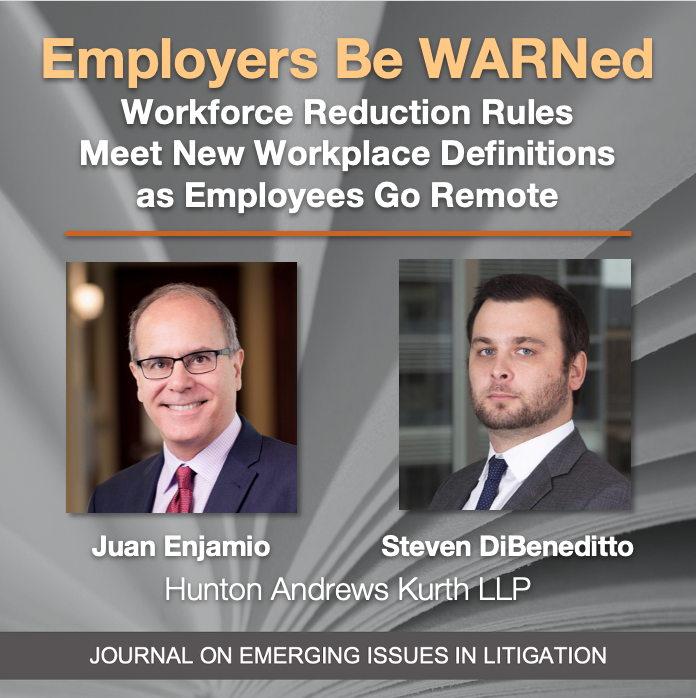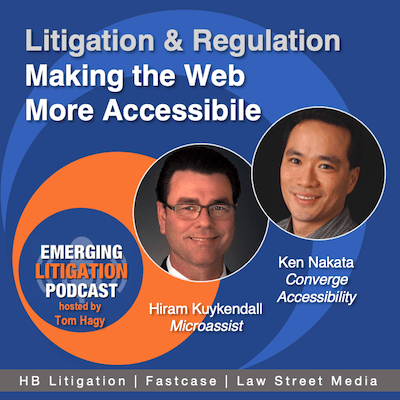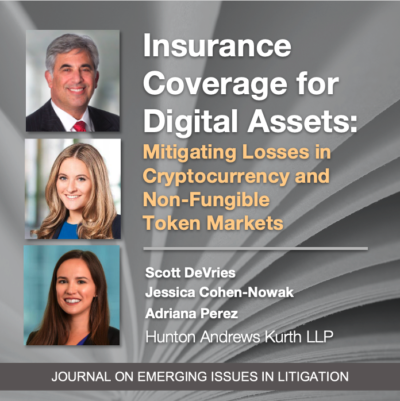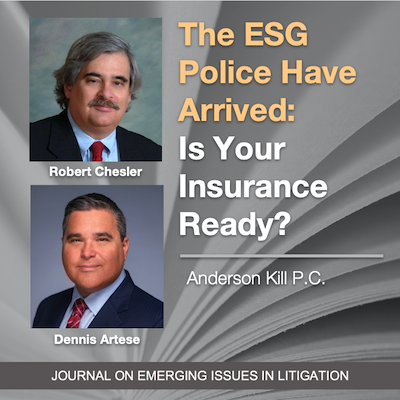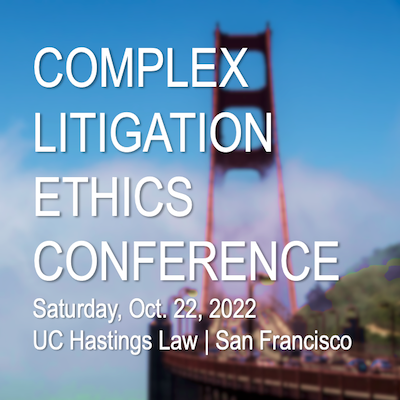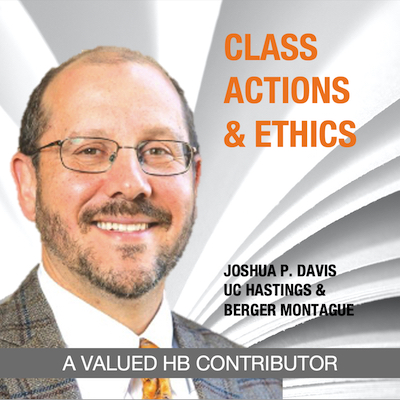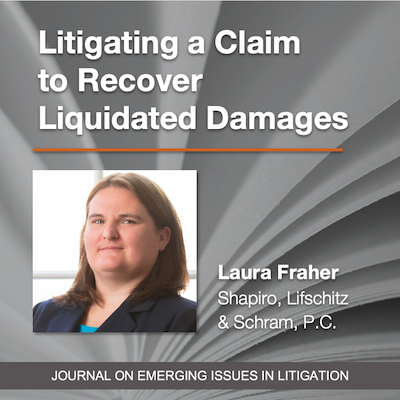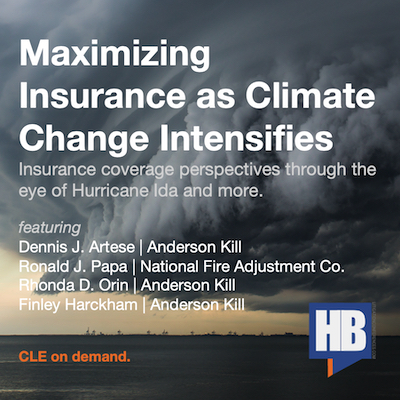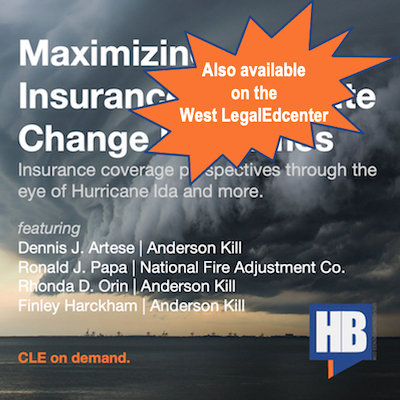Discovery on Discovery
Discovery on Discovery: Disputes About a Litigant's Efforts to Search for, Locate, Preserve, and Collect Responsive ESI Much is written about the expectation of cooperation between parties in litigation. And while cooperation is required in the discovery context, litigants have no transparency requirement on how they respond to discovery requests. Counsel should be vigilant in recognizing improper attempts by another party to extend the concept of discovery by demanding transparency.Most courts will not permit discovery on discovery in the absence of a showing that the responding party acted in bad faith or unlawfully withheld documents. Indeed, courts have routinely denied requests for discovery on discovery based on the requesting party's "mere speculation" that the responding party has acted improperly in responding to discovery.A requesting party may support a request for discovery on discovery by demonstrating an adequate factual basis, including inconsistencies with the responding party's production, deposition testimony establishing the failure of a party to implement a litigation hold promptly, and the absence of documents from key custodians and date ranges in a discovery production.Listen as this experienced panel of litigators addresses discovery on discovery and discusses how to prevent discovery on discovery from derailing the merits of the case, as well as the offensive use of discovery on discovery in potential motions for sanctions under Federal Rule of Civil Procedure 37(e) or state [...]

